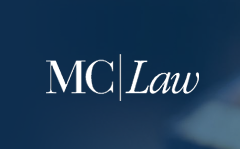Document Type
Article
Publication Date
2007
Abstract
Previous intellectual property literature demands a balance between incentives to produce for the creator of a work and access to information, knowledge, and content by the users. However, law and economics jurisprudence does not provide compelling arguments to support the notion that the copyright monopoly is the most efficient way to maximize public welfare by promoting the works of authors. The social cost from expansion of private rights is nonexistent because market structures change as technologies develop, providing society with increased accessibility to creative works. Accordingly, copyright laws need to expand as technology develops in order to realize a fair balance between private rights and public interests. The author focuses on the effect of technology on the accessibility of creative works and concludes that copyright law provides a balance between private rights and public interests that would not normally exist.
Recommended Citation
11 Marq. Intellectual Property L. Rev. 337 (2007).
